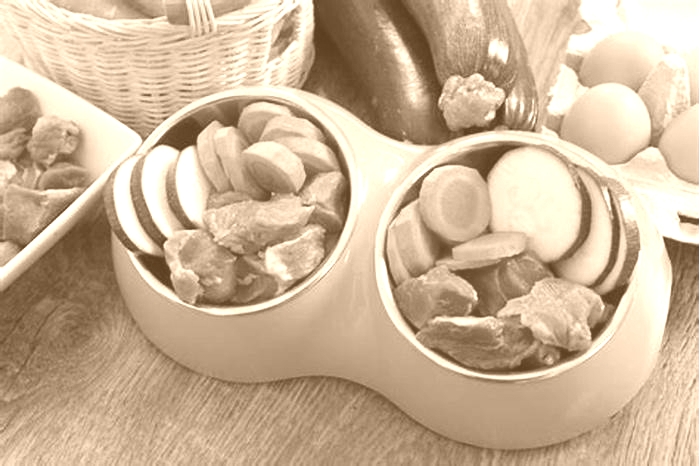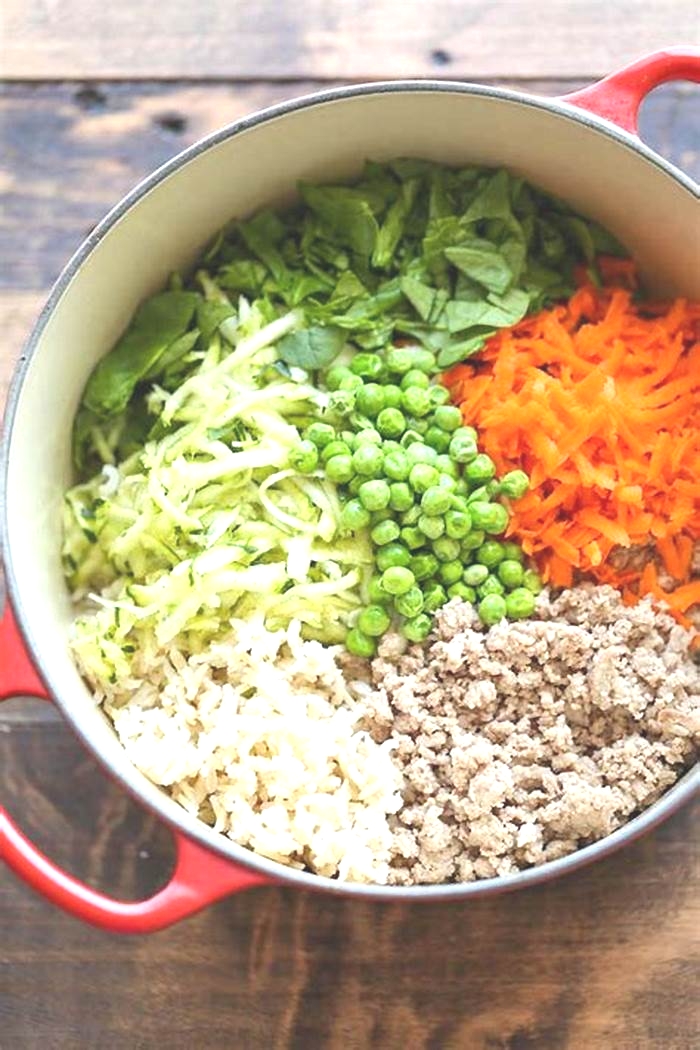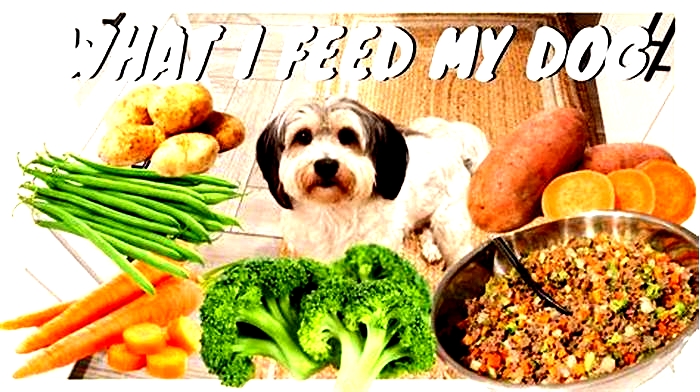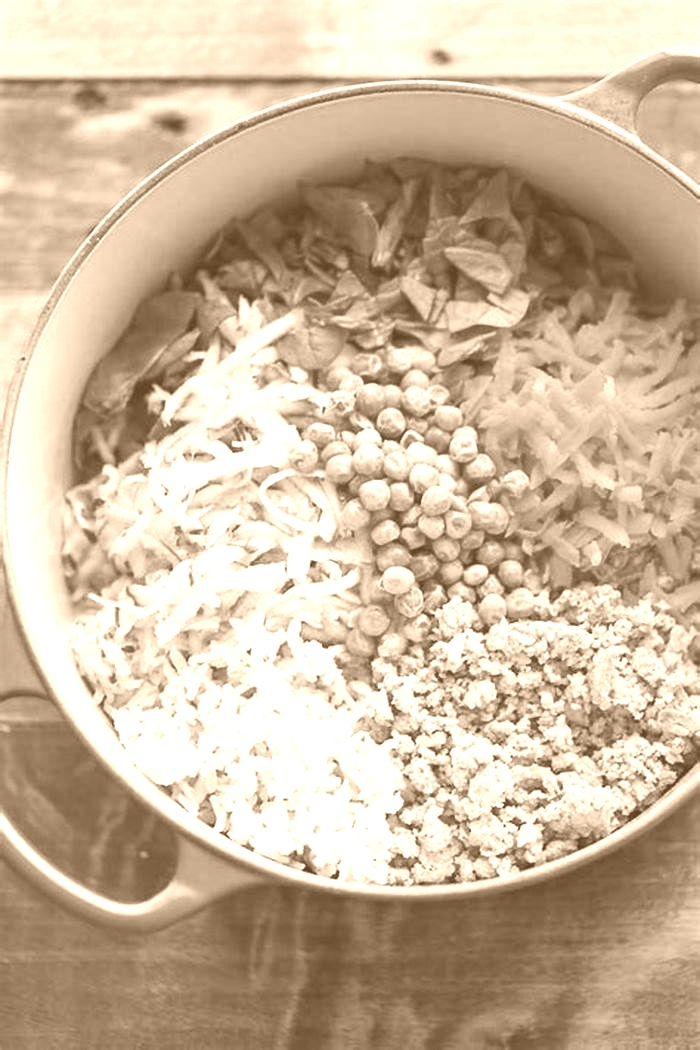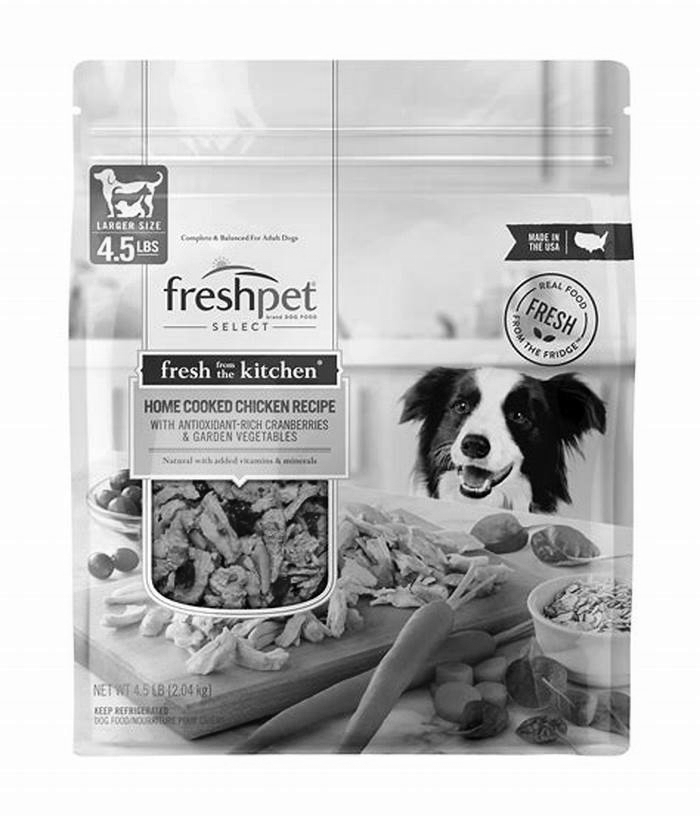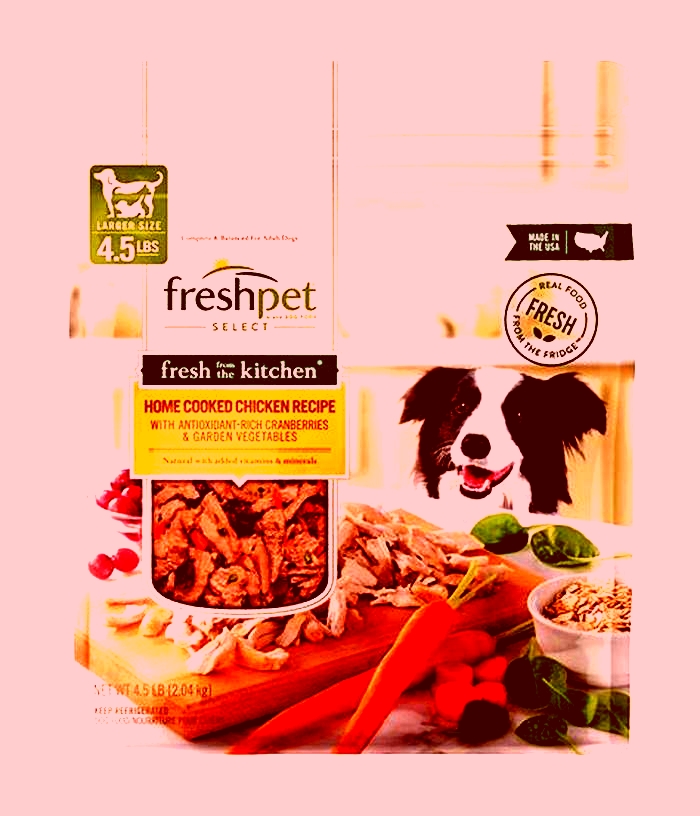natural diet for dogs
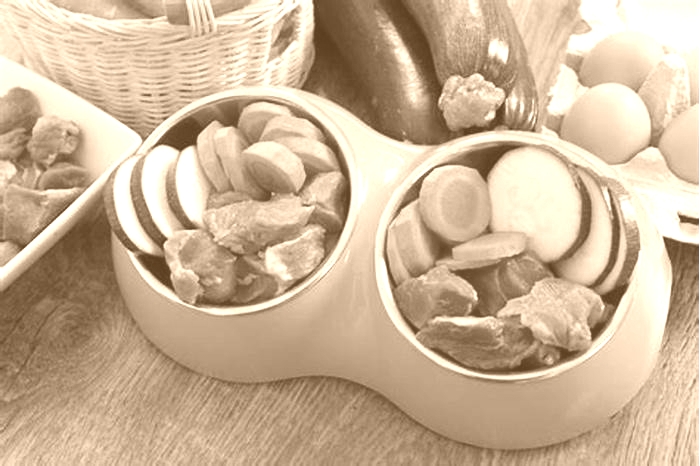
How You Should Feed Dogs With Arthritis
Dealing with arthritis in dogs will require care and effort on the owner's part, and it's a painful process for the dog to go through.
Dietary changes can help soothe the pain in his joints, and more importantly, a well-structured arthritis diet for dogs ensures proper weight management which is key to alleviating the symptoms.
What is Arthritis in Dogs?
Arthritis is a general term for any abnormal change and inflammation of joints.
It can be caused by joint tissue destruction after an infection, by congenital defects that affect structural architecture of the dog's joints, and by stress or trauma to joint surfaces, as well as supporting structures. Some breeds are more predisposed to this than others.
In some cases, arthritis in dogs can be caused by disorders of the immune system, leading to severe joint tissue inflammation and deterioration.
Older dogs and overweight dogs are more prone to this ailment, but hereditary traits can also be behind it.
Arthritis can be very painful for the dog, but it can also be a very hard condition to spot.
There are several sings your dog's joints hurt, but generally, changes in dogs behavior will be subtle, like a slight decrease in desire to play or sleeping more.
If you notice even the smallest change in your dogs behavior, take him to your vet to get a diagnosis.
This article will explain everything regarding the arthritis diet for dogs and how you should feed your pooch. If you're looking for more general information on the symptoms of arthritis in dogs and potential treatments, please refer to Merck Vet Manual guide here.
Basics of Arthritis Diet for Dogs

Dietary adjustments can have a big influence for dogs with many different conditions and ailments. Switching to arthritis diet for dogs is also important because it's usually very easy for pets with this condition to become overweight due to loss of mobility, which further complicates the situation.
Dietary Guidelines for Arthritic Dogs
Any dietary changes should be approved by your vet, especially when dealing with arthritis.
Sudden changes in your dogs diet can cause stomach upset and other digestive problems; make sure to transition your dog to a new diet slowly and carefully.
Several recent studies demonstrated that weight loss can be one of the best ways to alleviate pain in dogs with arthritis. One clinical trial in particular with 9 dogs observed that reducing weight by 10-20% in dogs resulted in significant improvements.
If your pet is already overweight, the arthritis diet for dogs will be focused on reducing his body weight.
If your arthritic dog is currently of healthy weight, it's important to not let him become overweight.
If you see that he has gained some weight, generally a caloric deficit with high protein and low carbs and fats will help to get on the right track.
You can also try to feed your dog more often, in smaller meals.
This will be good for his digestive system and it can also help him with his weight.
It's not essential, but you can try to feed him at least four times a day, instead of one or two times.
Some commercial dog food brands should be avoided.
Additives and grains, along with low-quality proteins and ingredients, can further increase your less mobile dog's weight.
Processed and human food, table scraps, especially things high in sugar, should be completely avoided.
Some people think that all cooked foods should be avoided and that dogs with arthritis should only eat raw foods, but that's not necessarily the case.
Important Nutrients
Knowing what nutrients to include in an arthritis diet for dogs and what you should limit or avoid can help you plan a whole diet by yourself without resorting to outside sources. Always discuss this with your veterinarian beforehand.
Protein
Feed your dog high ratio of protein from high-quality sources, most of which should come from beef, poultry, and fish. You can also include eggs and cheese.
Red meat especially can be a great source of energy for your dog that can substitute for decrease in the amount of carbs and fats.
The increased amount of amino acids from a high-protein diet will also help with arthritis-associated symptoms, based on some human trials.
Carbohydrates
Too many carbs can lead to weight gain because of their poor ration of nutrition to calories, and you need to limit them when structuring arthritis diet for dogs. Furthermore, grains and starches, as well as nightshade vegetables should be avoided because they contribute to inflammation, according to research.
Avoid grains like rice, wheat, corn and barley because they can cause fluctuation in your dogs blood sugar levels. They can also cause swelling. Vegetables like eggplant, potatoes and tomatoes can also increase arthritis symptoms in dogs.
Fats
Fats are the richest source of calories and you need to carefully monitor your dogs fat intake if want to keep his weight in check. This is important because obesity is linked to severity of arthritis and onset of its symptoms.
Some meats that with high fat levels contain too much omega-6 fatty acids which can increase inflammation. Give your dog lean meats and fish in particular because they those will often contain omega-3 fatty acids. Omega-3s were directly linked to improvements in both dogs and people with arthritis.
Vitamins and Minerals
Any arthritis diet for dogs will need to have Vitamin D, calcium and magnesium.
These vitamins and minerals are directly responsible for joint and bone health. All three need to be given together rather than prioritize one or the other.
Keep in mind that balance is crucial as excessive amounts could be bad for the dog.
Vitamin D is important because it helps the body to absorb calcium and help bone growth and strength.
Dairy products, especially cottage cheese, fish, beef, liver and egg yolks are all rich in Vitamin D.
Many dog arthritis supplements contain a good combination of Vitamin D, calcium and magnesium.
Remember that if you're increasing the amount of Vitamin D in your dog's diet, you must also increase calcium. Lack of calcium and high increase of Vitamin D means the dog's body will draw calcium from bones.
Calcium can help body to build and maintain strong bones, but it can also help other organs to function properly, especially the central nervous system.
Milk and pet-safe dairy products are a great source of calcium, but can only be given in small amounts.
Cottage cheese is the best source.
Bones and sardines with bones are also good for your dog.
Magnesium is a big part of many processes in the body, like regulating blood sugar levels, helping muscles and nerves function, and plays a crucial role in protein synthesis.
It is also needed because it allows your dog's body to absorb calcium.
Meat, beans, bananas and leafy vegetables are good sources of magnesium.
Arthritis Diet for Dogs 101

Foods to Avoid If Your Dog Has Arthritis
Many dogs with arthritis improve their conditions a lot just by removing grains from their diet.
Carbs from grains can contribute to inflammation, so try to avoid rice, wheat, barley and corn in your dogs diet.
Keep your dogs salt intake at moderate levels. Dont add any salt, sugar or spices or foods that are high in salt or sugar.
Some people also avoid dog treats because processed food can worsen arthritis symptoms, but I think it is fine to give your dog treats once in a while, as long as you dont make it a regular part of his diet.
Avoid plant-based oils like corn, sunflower, safflower and vegetable oils. They all contain arachidonic acid, which is a type of omega-6 fatty acid. That can lead to increased inflammation.
Flaxseed oil also has these acids, although in a slightly lower amount.
Dont give your dog fatty meats. Red meat is good, but try to find lean red meat, like lean beef or lean lamb.
Fish is a great source because of better omega-3 to omega-6 ratio and helps with inflammation of the joints.
Fish is also lower in calories and has a great protein ratio.
Avoid citrus fruit, especially oranges. While they are safe for dogs, they are known as bad foods for arthritis because they can aggravate the symptoms.
On the other hand, lemon juice can be beneficial, in very small doses.
Foods to Include
Include some dairy products in your dogs diet, especially raw dairy products. They are a good source of high-quality protein and calcium.
Avoid processed dairy. Include low-salt, low-fat cheeses, like cottage cheese.
You should also give your dog yogurt because it is full of probiotics, which is great for his digestion and can also help his arthritis symptoms.
Cartilage from large bones can be extremely good for your dog because it can help with the production of cartilage in his own joints.
You can also add supplements that help cartilage build-up, like glucosamine and chondroitin sulfate.
Oily fish is good for your dog because it is rich in omega-3 fatty acids. Use fresh salmon, mackerel or sardines, especially canned sardines with bones.
Fish oil supplements is an ease way to give your dog plenty with omega-3s, but avoid cod liver oil.
Choose sweet potatoes to add to your dogs diet instead or some other brightly colored vegetables. They are full of beta-carotene and antioxidants which help with inflammation. Include some other good vegetables like carrots, celery, asparagus, parsley, broccoli.
If your dog is in too much pain that he struggles with chewing, making him a nice bowl of soup or broth can be another option. Bone broth can be especially good for dogs with arthritis.
Homemade Dog Food for Arthritis
There are many good homemade dog food for arthritis recipes that you can find searching online or browsing Top Dog Tips homemade dog food database.
The one I chose does take a bit of time to prepare, but it is full of valuable nutrients and it is also extremely popular among many dogs.
It's a good way to start when structuring arthritis diet for dogs.
Turkey and Beef Meal
Keep in mind that it is important to go with extra lean beef and white turkey meat because they are low in fat and omega-6 fatty acids.
Ingredients
- 1 pound of white turkey meat
- 1 pound of lean ground beef
- 1/2 cup of cooked brown rice
- 1 cup of oats
- 1 cup of sliced raw carrots
- 1/2 cup of kale
- 1 cup of celery
- 1/2 cup of cottage cheese
- 1/2 cup of mixed vegetables (peas, green beans and broccoli)
- 1 teaspoon of alfalfa powder
- Parsley
- 1 capsule of body fish oil
- 3 tablespoons of unsalted beef broth
Preparation
Cook your turkey meat thoroughly, preferably in a slow cooker.
Let it cook for 6-7 hours.
After it is done, let it cool and then chop it up into small, bite-sized pieces before you put them in a large mixing bowl.
Brown the beef and drain the grease after to mix it with cooked brown rice.
Mix vegetables with the alfalfa powder in a blender.
In a smaller bowl, mix oats with warm water.
Add just enough water to moisten your oats properly.
Add this mixture to chopped turkey meat and mix it up.
Add the broth and mix it up again.
Now, add beef and rice mixture to the mixture of oats, turkey and broth.
Add half a cup of the vegetable blend (you can store the rest in the fridge) and a pinch of parsley.
Mix all the ingredients well and serve them to your dog in normal portions.
FAQ
Are scrambled eggs good for dogs with arthritis?
Yes, scrambled eggs has those essential fatty acids and amino acids.
You can also top it with some crushed egg shells as they have proven to help dog's with arthritis symptoms.
Is fish good for dogs with arthritis?
As I said before fish is excellent to include in an arthritis diet for dogs. Adding fish has been reported to help with arthritis symptoms due to the fatty acids your dog gets.
Arthritis Diet For Dogs: Closing Thoughts
So now you've found what foods to include in their diet and also what foods to avoid.
Hopefully, this recipe we included will jumpstart your arthritis diet for your dog.
If that was helpful, be sure to check out our related recipe below and subscribe to the blog!
RELATED RECIPE:Salmon and Broccoli Dog Food
Want to share this?


